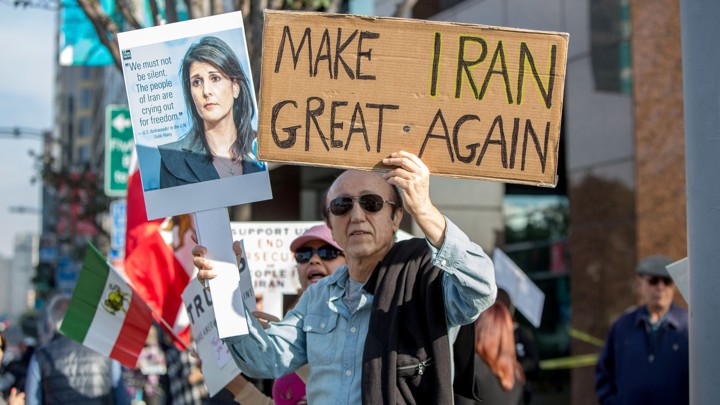The Supreme Court again on Monday opted not to hear a challenge to the legal precedent barring individuals from suing the military for medical malpractice, a decision blasted by Justice Clarence Thomas as short-sighted and unfair.
“Unfortunate repercussions — denial of relief to military personnel and distortions of other areas of law to compensate — will continue to ripple through our jurisprudence as long as the Court refuses to reconsider (this issue),” Thomas wrote in his dissent to the court’s decision not to take up the challenge.
The move once again shifts from the courts to Congress debate on how to fix problems surrounding the Feres Doctrine, a 1950 Supreme Court decision that blocks troops from claiming medical malpractice damages for actions related to their military service. At the time, the court found that military personnel injured by the negligence of another federal employee cannot sue under the Federal Tort Claims Act.

Tuesday is a historic day in Washington D.C. It’s a day that a Fort Bragg soldier fought for as he battled terminal cancer, a diagnosis he says military doctors missed.
Stayskal along with his wife, Megan witnessed the Senate approve the National Defense Authorization Act (NDAA). The NDAA is the defense spending bill that includes a provision Stayskal fought for which will, for the first time, give active duty service members the right to be compensated for malpractice in military facilities in cases that are unrelated to combat.
So, what is the good news? The Senate.
In full disclosure, several months ago, I interviewed for radio Sgt. 1st Class Richard Stayskal and his lawyer. One of the hardest interviews I have ever hosted with a dedicated soldier dying of cancer.

Fourteen months after the North Carolina Purple Heart Green Beret first shared his story with FOX 46 – how doctors at Womack Army Medical Center misdiagnosed his lung cancer as pneumonia in 2017, delaying treatment that could have prolonged his life – his story is getting results and now changing federal law.
“It’s just an amazing feeling overall right now. I don’t have the words to describe it,” said Stayskal, who has stage 4 lung cancer, and came back to Washington to watch the historic vote inside the Senate chamber. “It’s a victory for everybody. For all the service members across the board.”
On social media, Stayskal and his attorney, Natalie Khawam, wrote: “We did the impossible!”
Back to the Senate and the NDAA:
The Senate overwhelmingly passed the National Defense Authorization Act by a vote of 86-8 on Tuesday. Tucked inside is a provision, sparked by Stayskal, that will allow service members who have been victims of negligent medical care to finally be allowed to hold the government accountable. The measure allocates $400 million to the Dept. of Defense to investigate and pay out military medical malpractice claims internally. It will provide a measure of justice to service members and their families that has previously been denied.
“Everyone involved in this conference, including the Department of Defense,” said Sen. Jim Inhofe (R-Okla.), “recognized the importance of fixing the medical malpractice issue in a common sense fashion.” The NDAA now goes to President Donald Trump to sign into law, which is expected to happen in the coming days. More here.

 photo Miami Herald
photo Miami Herald photo The Atlantic
photo The Atlantic The IG report is teeming with deceit and clandestine maneuvers at the hands of the SSA’s (Special Agents) on the top floor and not those of 7 levels down from the Director level as Comey and McCabe have declared.
The IG report is teeming with deceit and clandestine maneuvers at the hands of the SSA’s (Special Agents) on the top floor and not those of 7 levels down from the Director level as Comey and McCabe have declared.
